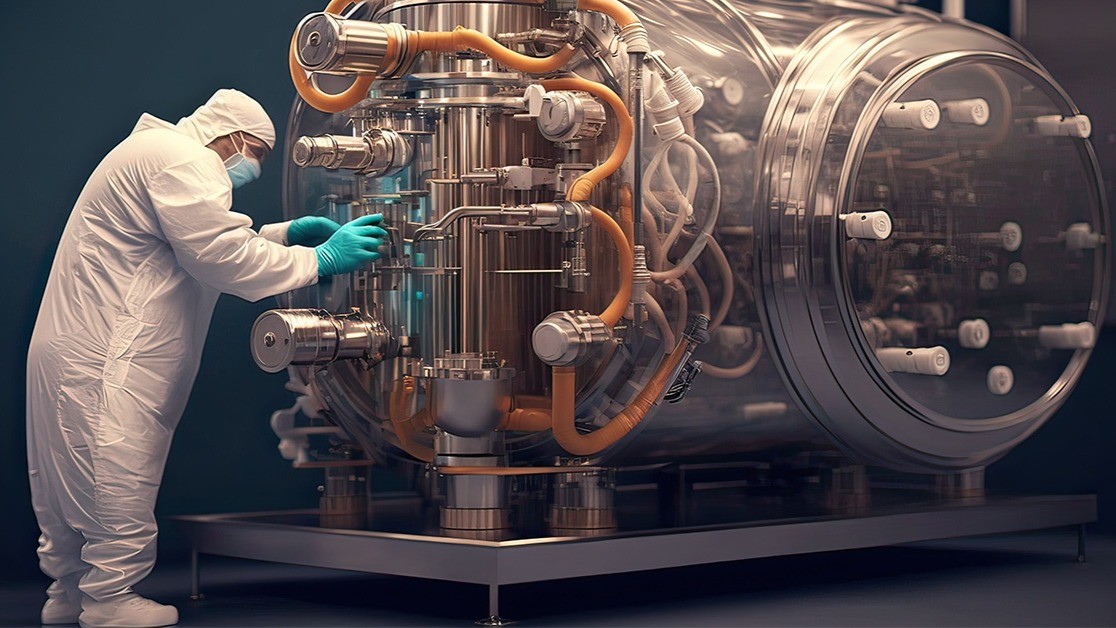
Maximizing Efficiency in Small Batch Manufacturing
As market demands shift and competition intensifies, manufacturers are increasingly turning to small-batch production as a solution to balance efficiency, flexibility, and cost-effectiveness. This method allows companies to produce smaller quantities of products, which has become particularly important in industries where customization, rapid design changes, and reducing lead times are critical. In this blog, we will explore why small-batch manufacturing is gaining popularity, how it offers greater flexibility, and why companies like Esino are leading the charge in this space.
The Growing Popularity of Small Batch Manufacturing
Small-batch manufacturing has grown in popularity because it addresses several challenges faced by traditional large-scale production methods. In conventional mass production, manufacturers typically produce a high volume of products at once, relying on significant upfront investments in tooling, labor, and materials. This approach often leads to inefficiencies, such as overproduction and high warehousing costs, especially if products do not sell as expected.
In contrast, small batch production focuses on producing only the quantities needed, which helps manufacturers remain agile in responding to customer demand. As more businesses move toward customized products or launch frequent updates, the flexibility of small-batch manufacturing offers distinct advantages.
Furthermore, advancements in technology like 3D printing and CNC machining have significantly reduced the cost barriers for producing smaller quantities, enabling manufacturers to deliver high-quality products without the large financial outlay required for mass production.
Why Small Batch Manufacturing is More Flexible
The flexibility offered by small-batch manufacturing is one of its biggest selling points. Unlike mass production, which often requires months of planning, tooling setup, and large financial commitments, small batch production can pivot quickly to accommodate new designs or market feedback. Here's why small-batch manufacturing is more flexible:
In essence, the ability to make quick adjustments and minimize upfront investment makes small-batch production a smart option for businesses looking to stay agile and competitive.
领英推荐
Key Benefits of Small Batch Manufacturing
Small batch manufacturing brings a host of benefits that cater to modern business needs:
The Role of Esino in Small Batch Manufacturing
At Esino, we specialize in a wide range of small-batch manufacturing processes, providing clients with tailored solutions that meet their unique needs. Our expertise spans various industries, and we offer advanced manufacturing techniques such as:
By leveraging these technologies, Esino helps clients quickly bring products to market without compromising on quality or efficiency.
In today's fast-evolving market, small-batch manufacturing provides companies with the flexibility and speed needed to stay ahead of the competition. Esino offers the expertise and technology to help businesses maximize the benefits of small-batch production, whether for rapid prototyping, market testing, or delivering customized products.
For more information about how small batch production can benefit your business, contact our account manager, Zac Marton, at [email protected] to discuss tailored solutions that meet your specific needs. Esino is here to help you bring your ideas to life quickly and efficiently.